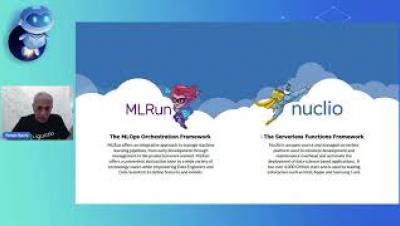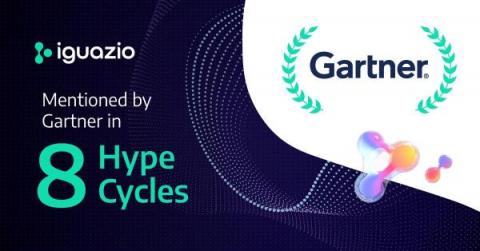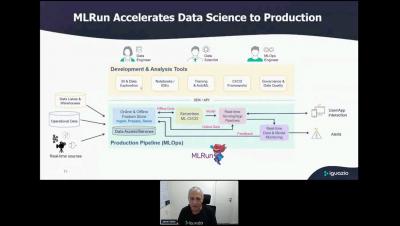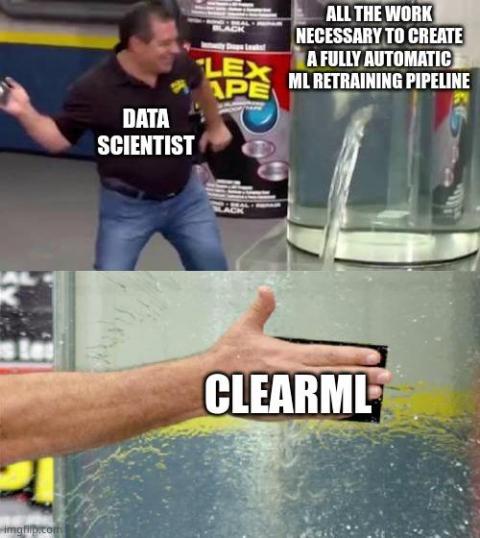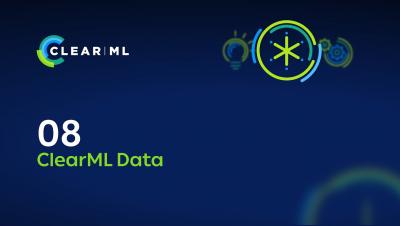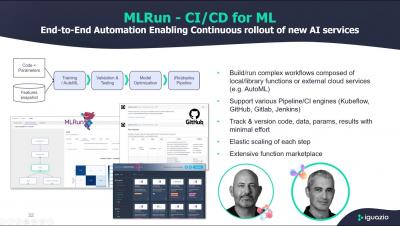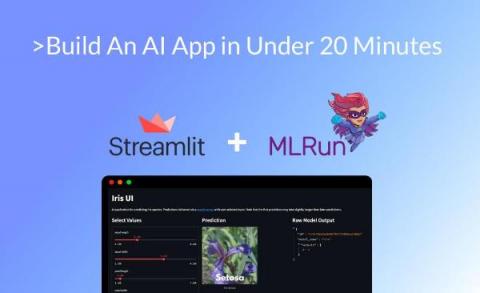Systems | Development | Analytics | API | Testing
Machine Learning
Beyond Hyped: Iguazio Named in 8 Gartner Hype Cycles for 2022
We’re so proud to share that Iguazio has been named a sample vendor in eight Gartner Hype Cycles in 2022: Iguazio was mentioned in the following categories: MLOps, Logical Feature Store, Adaptive ML, Data-Centric AI, AI Engineering, AI TRiSM, Operational AI Systems, ModelOps, AI Engineering in HCLS and Continuous Intelligence. We are delighted to have been mentioned alongside global industry leaders like AWS, IBM, Microsoft, Google, Databricks and Dataiku.
MLOps Bay Area Summit: From AutoML to AutoMLOps
How to Build an Automatic ML Model Retraining Loop
Fully automatic retraining loop using ClearML Data Right, so you want to create a fully automatic retraining loop, that you can set up once and then pretty much forget about. Where do we even start?!
MLOps NYC Summit: Building an Automated ML Pipeline with a Feature Store using Iguazio & Snowflake
From AutoML to AutoMLOps: Automated Logging & Tracking of ML - MLOps Live #19
ClearML-Data
Best Practices for Succeeding with MLOps ft. Noah Gift - MLOps Live 18
Build an AI App in Under 20 Minutes
Machine learning is more accessible than ever, with datasets available online and Jupyter notebooks providing an easy way to explore and train models. In building a model, we often forget that it will be incorporated into an application that will provide value to the user. Therefore, we wanted to demonstrate how we can "use" the models we build in an application.



